The featured photo today has nothing to do with the article, but I liked it and never found the right place to use it in all my reports on Xandari. It is a Rufous-capped Warbler peeking around a leaf in the Xandari Gardens. Now my post on both negatives and positives of living in Costa Rica 🙂
NEGATIVES
This last month we got a new tax in Costa Rica, as if we didn’t have enough, the “Value Added Tax” was passed by the legislators to replace a 13% Sales Tax on a limited number of items which in essence just expands the sales tax to almost all items and even services now, still at 13%. For example, my National Healthcare Insurance fee (based on my income) was 13% more this month with the VAT as was my meal in a restaurant last night. The Costa Rica Star English Language online newspaper had this article: Crazy New Tax Laws in Costa Rica That you Need to Know About. And remember that this is on top of one of the highest import taxes (Trump would love) making cars very expensive here. BUT, we have no income tax and one of the lowest property taxes in the world. So, maybe it evens out?
Yet Christopher in his “Live in Costa Rica Blog” had this to say recently with his biggest specific complaint being the economy of Costa Rica:
Negative Things About the “Real” Costa Rica
http://www.liveincostarica.com/blog/2019/06/negative-things-about-the-real-costa-rica.html?
Also from that blog is this interesting article, not necessarily negative, but for a lot of negative/critical Americans it is:
How Difficult is it for Retired Expats to Have Costa Rica Friends? https://www.liveincostarica.com/blog/2019/07/how-difficult-is-it-for-retired-expats-to-make-costa-rican-friends.html
It really boils down to your attitude towards locals as an expat. One reason I liked Costa Rica better than Panama for retirement is because the retired Americans are not quite as segregated into English-speaking groups here as in Panama, nor is the country as “Americanized” as Panama, but unfortunately we do have segregation here too and some Americans who never intend to even try learning Spanish. (I’m not very good, but I try daily.)
Now as one who also tries to stay positive I cannot complete this article on negatives without at least two positive! 🙂
POSITIVES
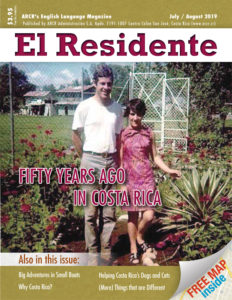 Two stories of interest for anyone considering a move to CR or any other country: (1) About a man who came 50 years ago as a Peace Corp worker and still lives here and (2) Another useful article on “Why move to Costa Rica?”
Two stories of interest for anyone considering a move to CR or any other country: (1) About a man who came 50 years ago as a Peace Corp worker and still lives here and (2) Another useful article on “Why move to Costa Rica?”
This link takes you to the online English Language Magazine, El Residente, for the organization Association of Residents of Costa Rica, ARCR that has articles like these in every issue. It is free for members and if thinking of moving here, I encourage you to join ARCR. They will be your biggest help when you finally take the big step! And that’s another positive! 🙂
¡Pura Vida!
Like this:
Like Loading...
 Read this great Interview with Paul & Gloria Yeatman on the Retirement Life blog. If you are considering retirement anywhere outside the U.S., it will help you with the big picture from another first-hand experience! And get to know a couple who did retirement as well or better than anyone I know! Enjoy!
Read this great Interview with Paul & Gloria Yeatman on the Retirement Life blog. If you are considering retirement anywhere outside the U.S., it will help you with the big picture from another first-hand experience! And get to know a couple who did retirement as well or better than anyone I know! Enjoy!

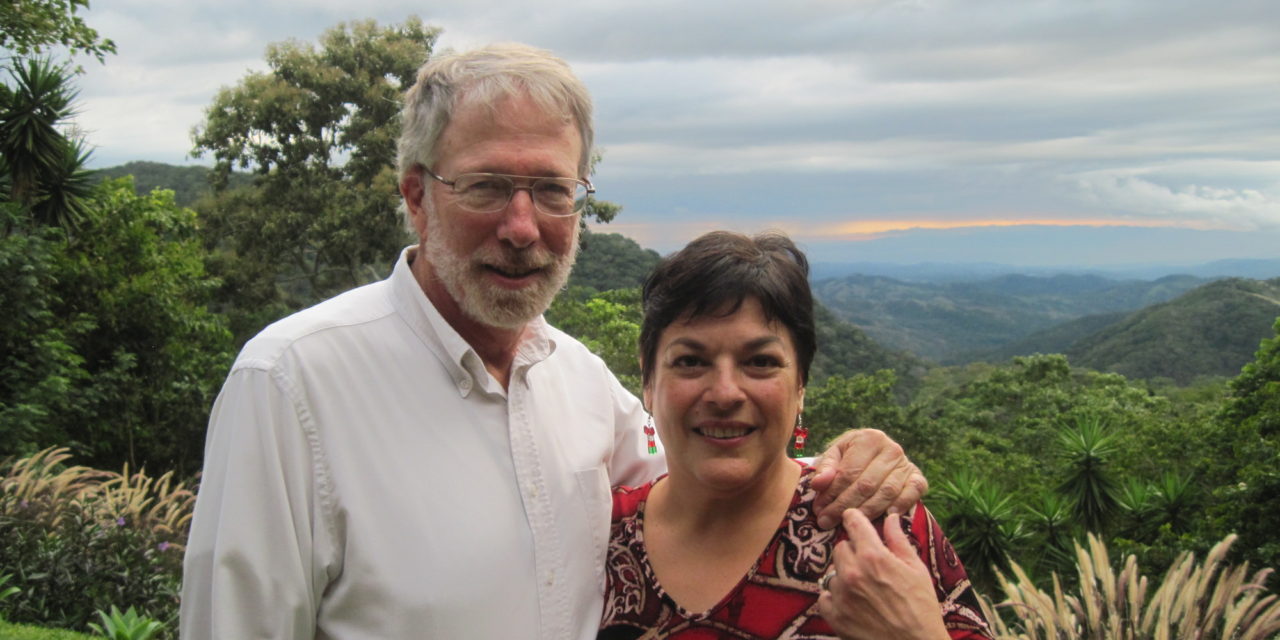
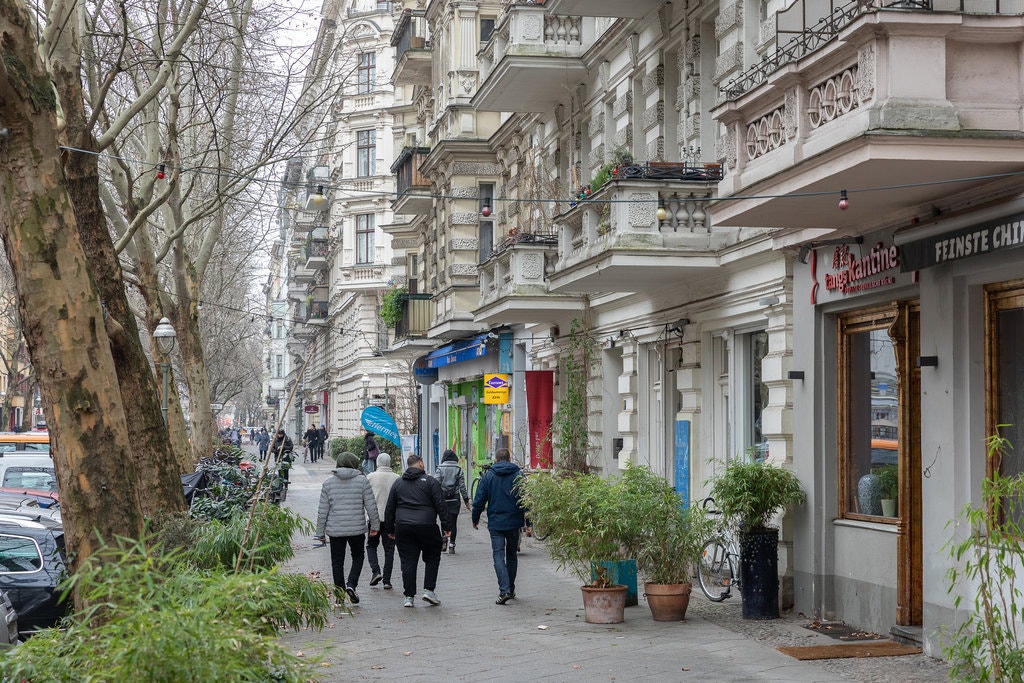


 TAKE IT SLOW
TAKE IT SLOW![20190604_111253[1]-A-WEB](https://www.charliedoggett.net/wp-content/uploads/2019/11/20190604_1112531-A-WEB.jpg)





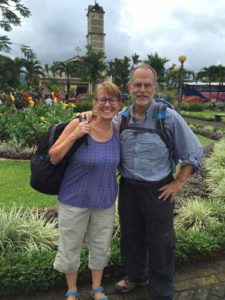 Now that link should take you directly to the article but if it doesn’t, then note that it is in this month’s or June 10, 2019 issue of the Newsletter from my friends Paul & Gloria:
Now that link should take you directly to the article but if it doesn’t, then note that it is in this month’s or June 10, 2019 issue of the Newsletter from my friends Paul & Gloria: 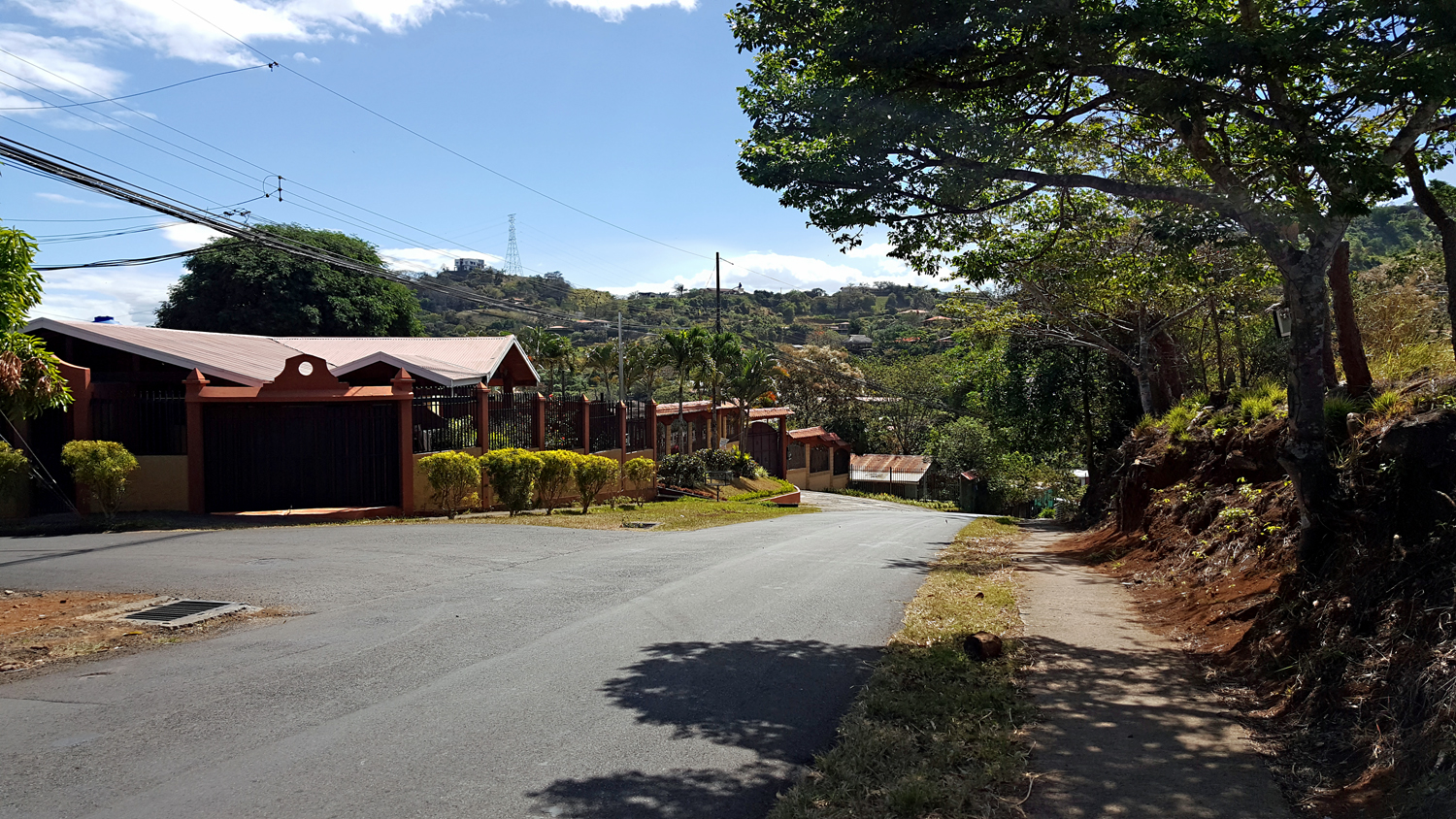
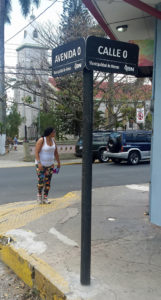 I have always been a map person and my first two years here I rented cars for most of my trips, but found that my old habit of using maps did not work well here because the actual highways, roads, streets and houses/businesses are mostly not numbered or labeled, therefore not relatable to a paper map. Thus I always got a rent car with a GPS included that works great here and many locals prefer the free WAZE on their cell phone. But it removes your brain from the challenge of getting somewhere as the article above suggests.
I have always been a map person and my first two years here I rented cars for most of my trips, but found that my old habit of using maps did not work well here because the actual highways, roads, streets and houses/businesses are mostly not numbered or labeled, therefore not relatable to a paper map. Thus I always got a rent car with a GPS included that works great here and many locals prefer the free WAZE on their cell phone. But it removes your brain from the challenge of getting somewhere as the article above suggests.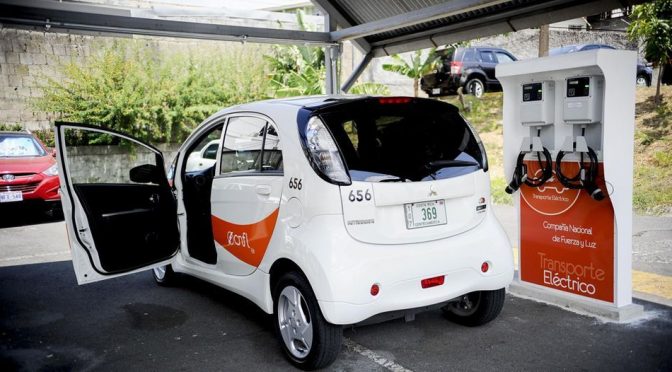


![20190604_111253[1]-A-WEB](https://www.charliedoggett.net/wp-content/uploads/2019/06/20190604_1112531-A-WEB-290x300.jpg) Sunday afternoon I was a part of the Board of Directors meeting for the local children’s home,
Sunday afternoon I was a part of the Board of Directors meeting for the local children’s home,